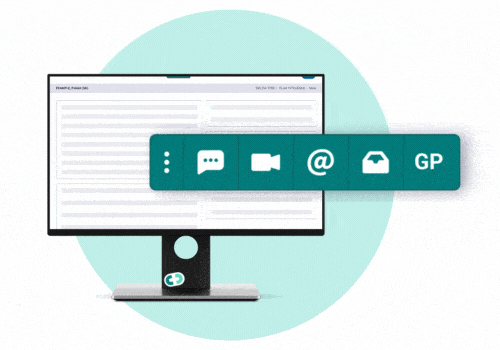Support for Read Codes to end in 18 months
- 2 July 2004
The NHS Terminology Service has announced that the maintenance of Read Codes is to end on 31st December, 2005, to clear the way for the introduction of SNOMED Clinical Terms (SNOMED CT) in the NHS Care Records Service.
In a notice forwarded with the July 2004 update of the Read Codes, the NHS Terminology Service said that the January 2006 edition will be the last time the codes are updated.
“The strategy is to use SNOMED CT within the NHS Care Records Service,” the notice reads. “There is a need to have in place a timetable for decommissioning Read Codes support." Hence, the NHSIA have decided to consult with clinicians as to the best method of changing the systems.
However, a decision to make the switch has already been taken. The notice also states that “subsequent discussion” with LSPs will take place before a “cut-off date" is announced.
Read Codes were developed in the 1980s by GP James Read to provide a reliable definition system for use in primary care. E-Health Insider is awaiting further clarification from the NHS Information Authority about the decision. In the meantime, the notice is available at: http://www.nhsia.nhs.uk/terms/pages/Notice_Read_Codes.pdf




